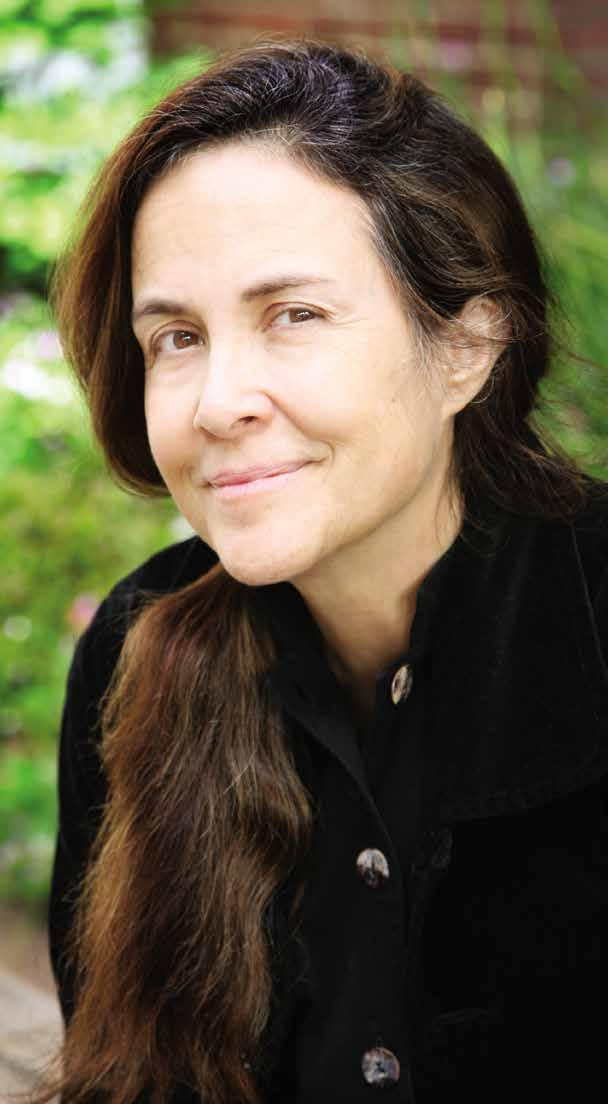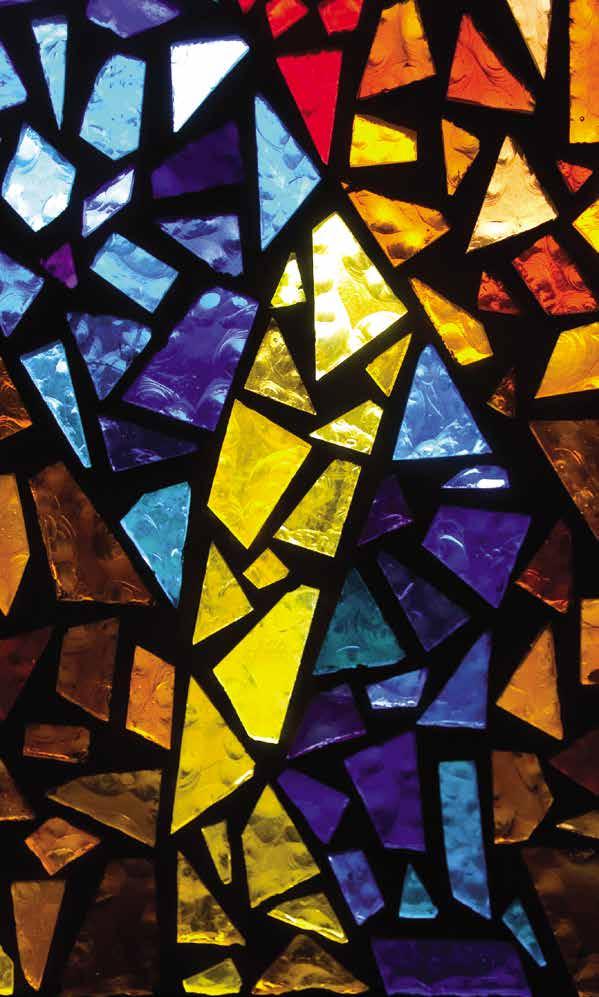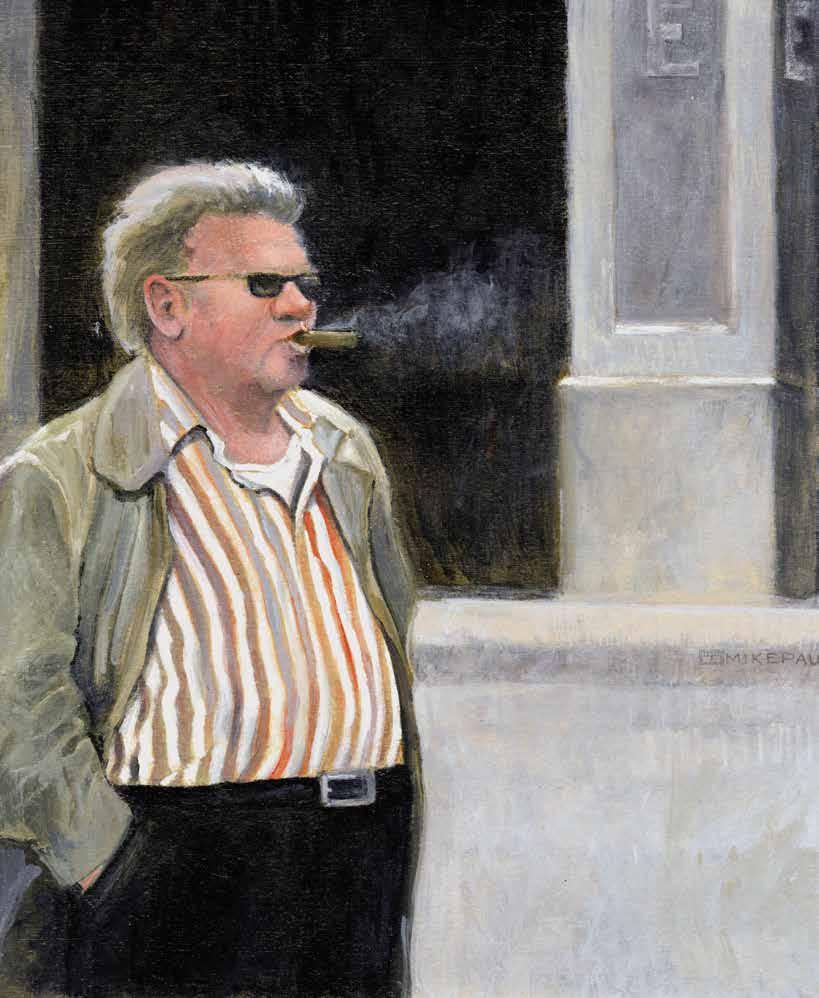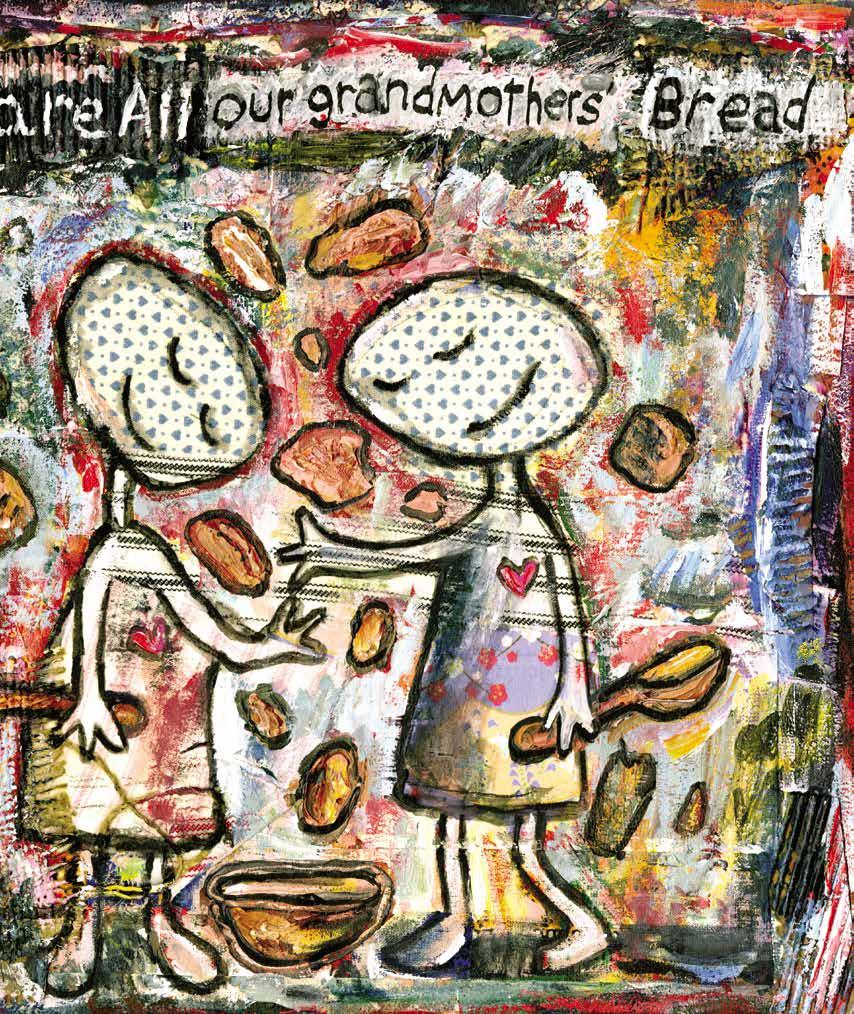[louise erdrich]
Essay first appeared in The New York Times, May 22, 2000. Reprintd by permission of the author, 2012.
Two Languages in Mind, But Just One in the Heart By Louise Erdrich
For years now I have been in love with a language other than the English in which I write, and it is a rough affair. Every day I try to learn a little more Ojibwe. I have taken to carrying verb conjugation charts in my purse, along with the tiny notebook I’ve always kept for jotting down book ideas, overheard conversations, language detritus, phrases that pop into my head. Now that little notebook includes an increasing volume of Ojibwe words. My English is jealous, my Ojibwe elusive. Like a besieged unfaithful lover, I’m trying to appease them both. Ojibwemowin, or Anishinabemowin, the Chippewa language, was last spoken in our family by Patrick Gourneau, my maternal grandfather, a Turtle Mountain Ojibwe who used it mainly in his prayers. Growing up off reservation, I thought Ojibwemowin mainly was a language for prayers, like Latin in the Catholic liturgy. I was unaware for many years that Ojibwemowin was spoken in Canada, Minnesota and Wisconsin, though by a dwindling number of people. By the time I began to study the language, I was living in New Hampshire, so for the first few years I used language tapes. I never learned more than a few polite phrases that way, but the sound of the language in the author Basil Johnson’s calm and dignified Anishinabe voice sustained me through bouts of homesickness. I spoke basic Ojibwe in the isolation of my car traveling here and there on twisting New England roads. Back then, as now, I carried my tapes everywhere. The language bit deep into my heart, but it was an unfulfilled longing. I had nobody to speak it with, nobody who remembered my grandfather’s standing with his sacred pipe in the woods next to a box elder tree, talking to the spirits. Not until I moved back to the Midwest and settled in Minneapolis did I find a fellow Ojibweg to learn with, and a teacher. Mille Lac’s Ojibwe elder Jim Clark—Naawi-giizis, or Center of the Day—is a magnetically pleasant, sunny, crew-cut World War II veteran with a mysterious kindliness that shows in his slightest gesture. When he laughs, everything about him laughs; and when he is serious, his eyes round like a boy’s. 4















